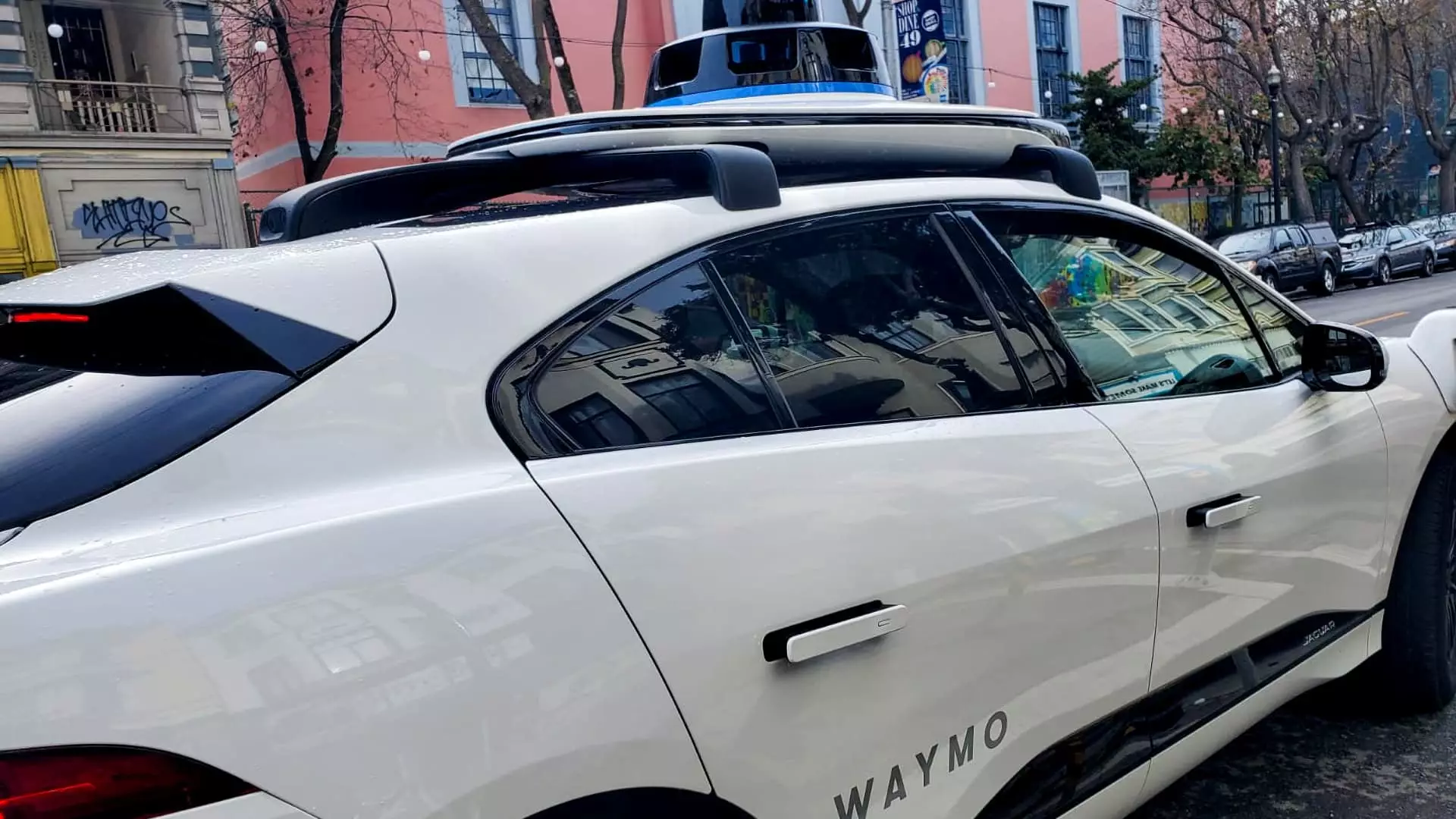In an exciting announcement, Waymo, a subsidiary of Alphabet Inc., revealed its plans to commence testing autonomous vehicles in the bustling streets of Tokyo starting in early 2025. This marks a significant milestone in Waymo’s journey as it seeks to broaden its horizons beyond the United States. While the company has yet to confirm the launch of commercial services in Japan’s capital, the partnership with Nihon Kotsu, the country’s largest taxi firm, signals an earnest commitment to explore new markets with a comprehensive approach.
Waymo’s venture into Tokyo represents more than just geographical expansion; it’s a test of adaptability in a different cultural and regulatory environment. Japan’s unique driving norms, including left-hand traffic, present an intriguing challenge for the company, opening a discussion on how autonomous driving technologies will adapt to different infrastructures and societal expectations.
To kick off its Japanese endeavor, Waymo has teamed up with Nihon Kotsu to facilitate the initial testing phase. In these early stages, trained drivers from the taxi company will operate Waymo’s electric Jaguar I-PACE vehicles to map key districts in Tokyo, which includes notable areas such as Shinjuku and Shibuya. The data collected from these manual operations will be invaluable, serving not only for navigation but also to enhance Waymo’s AI capabilities.
Moreover, the strategy incorporates a closed-course testing approach in the United States, designed to replicate the driving conditions of Tokyo. This dual-phase strategy illustrates Waymo’s commitment to thorough preparation and risk management, ensuring that when the vehicles finally do hit the streets of Tokyo, they are ready to meet the expectations of both regulators and residents.
Aligning with Local Stakeholders
Waymo is conscious of the necessity for cooperation with local partners, as highlighted by their ongoing discussions with government officials and community organizations. In a recent statement, the company emphasized the importance of understanding the unique landscape of Tokyo. Such collaboration is crucial not only for compliance with local laws but also for fostering public acceptance of autonomous technology, a factor that often can determine the success or failure of similar ventures.
By engaging actively with local authorities and stakeholders, Waymo aims to position itself as not merely a visitor in Tokyo, but as an integral part of the city’s transport ecosystem. This strategy aligns well with insights from research conducted by the World Economic Forum, which shows that advanced driving technology could potentially revolutionize mobility for Japan’s aging population—providing a newfound independence and access to transportation that many may currently struggle to find.
Waymo’s entry into Japan comes at a time when the autonomous vehicle sector is rapidly evolving. The recent exit of General Motors from its Cruise robotaxi division potentially signals a shake-up in the competition. With traditional automotive giants like Honda closely monitoring the situation, there remain questions about how committed companies will be to robotaxi services, especially in a market known for its strict adherence to safety and quality standards.
Waymo’s partnership with Nihon Kotsu is not the only one of its kind; multiple players, including local startups and established companies like Toyota, are already testing their autonomous technologies within Tokyo. As urban areas globally continue to embrace smart city concepts, the competition is set to elevate. How effectively these companies navigate the challenges and collaborate with local stakeholders will determine their long-term success.
As Waymo prepares for its operations in Tokyo, the implications are wider than just an expansion into a new market. The company’s approach could redefine urban transportation within one of the world’s largest and most complex cities. The project resonates with aspirations for sustainable and efficient urban mobility solutions that meet the needs of both the current citizenry and future generations.
Waymo’s strategic move into Tokyo exemplifies the ongoing evolution of transportation technologies and the urgent need for innovative solutions in urban mobility. Whether Waymo can flourish in this new environment remains to be seen, but their collaborative approach certainly sets a commendable precedent. The road ahead is filled with challenges, yet it holds promise for shaping the future of transportation on a global scale.

